Best Small Shop Jointer
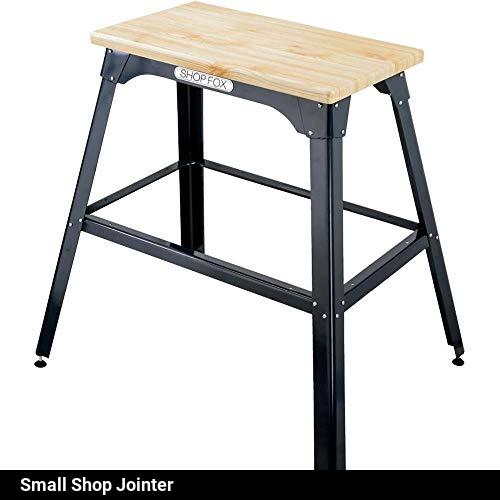
Are you looking for a compact and reliable shop jointer? Then you’ve come to the right place! With a small shop jointer, you’ll be able to save a lot of space in your workshop while still getting the same results…

Are you looking for a compact and reliable shop jointer? Then you’ve come to the right place! With a small shop jointer, you’ll be able to save a lot of space in your workshop while still getting the same results…
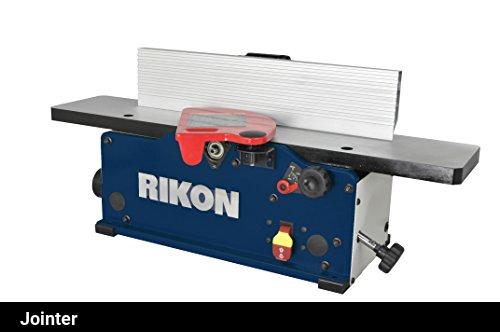
Are you a passionate do-it-yourselfer looking to take your home workshop to the next level? If the answer is yes, then you need to invest in a jointer! A jointer is an essential tool for creating and maintaining flat, even…
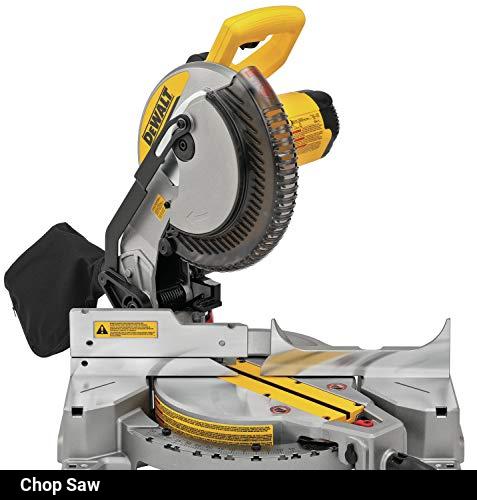
If you’re looking to take your DIY projects to the next level, a chop saw is an essential tool to have in your toolbox. As an avid DIYer, I can personally attest to the power of a good chop saw.…
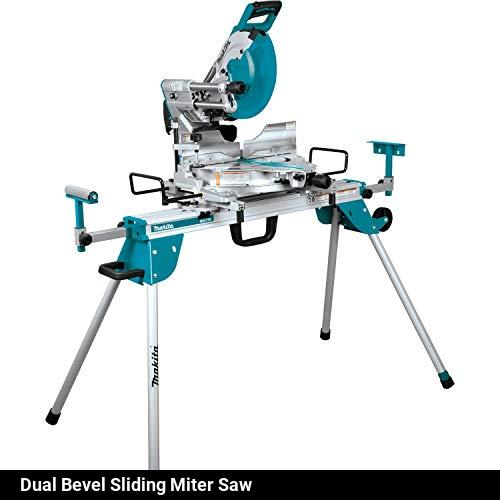
Are you ready to take your woodworking projects to the next level? You need a dual bevel sliding miter saw! This powerful tool helps you make precise angled cuts quickly and easily. The dual bevel design allows for both left…
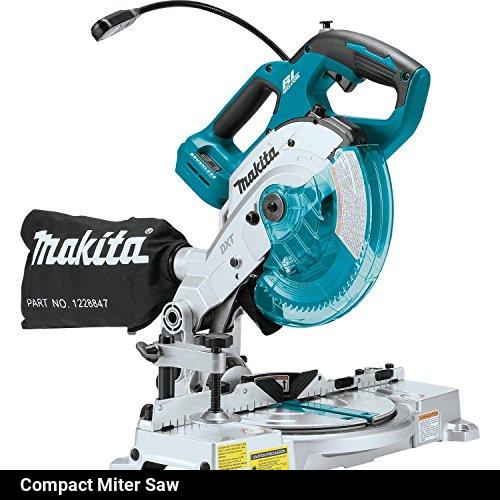
Are you looking for a compact miter saw that will help you make precise cuts and is also easy to transport? Look no further! As a DIY enthusiast, I can vouch for the convenience and usability of a compact miter…
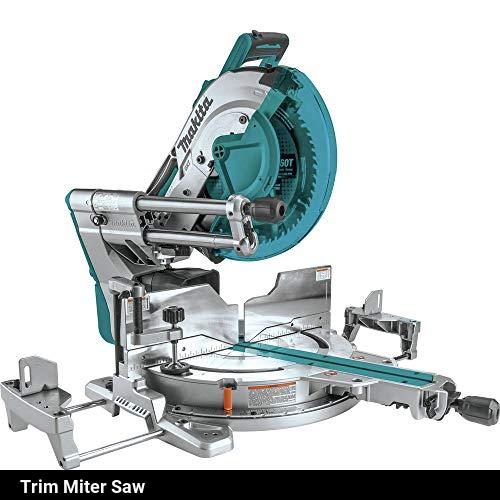
Are you ready to take your woodworking projects to the next level? A trim miter saw is the perfect tool to do just that! Whether you’re installing baseboards, crown molding, or even building your own furniture, a trim miter saw…
Are you looking to add some trim work to your home? If so, you need a saw that can get the job done. Having the right tool for the task is essential to ensure your trim work looks professional and…
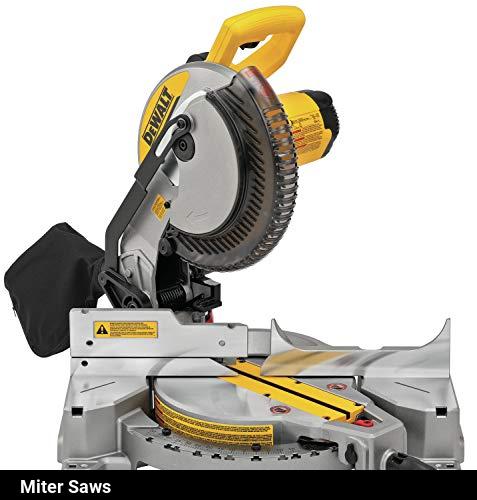
Have you ever wanted to give your home a makeover? Are you looking to add some character and charm to the walls of your living room? Consider installing crown molding! With the right tools, such as a miter saw, you…
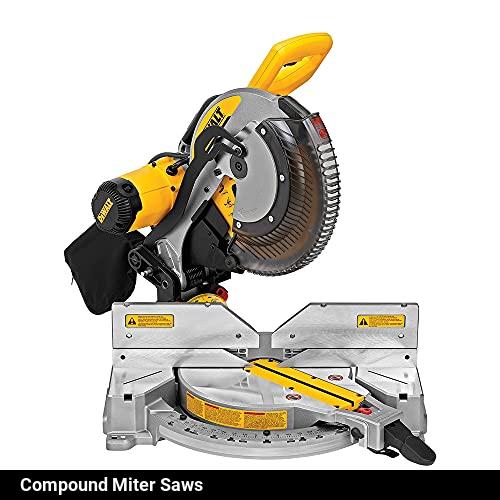
If you’re a DIY home improvement enthusiast, you know that having the right tools is essential for any job. And when it comes to making precise cuts, no tool is as essential as a compound miter saw. With its adjustable,…
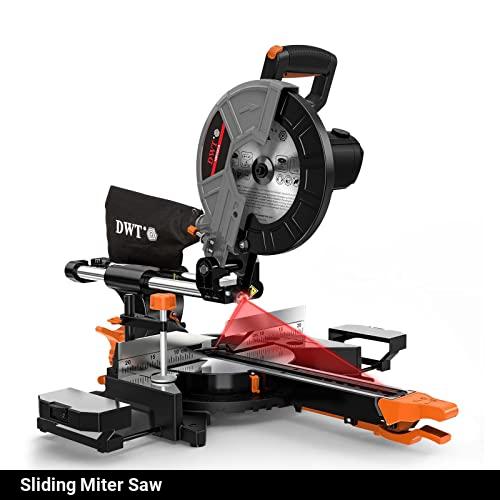
Are you looking to upgrade your woodworking tools? If so, then you should definitely consider investing in a 12 inch sliding miter saw! This handy tool allows you to make precise angled cuts and is a must-have for any serious…